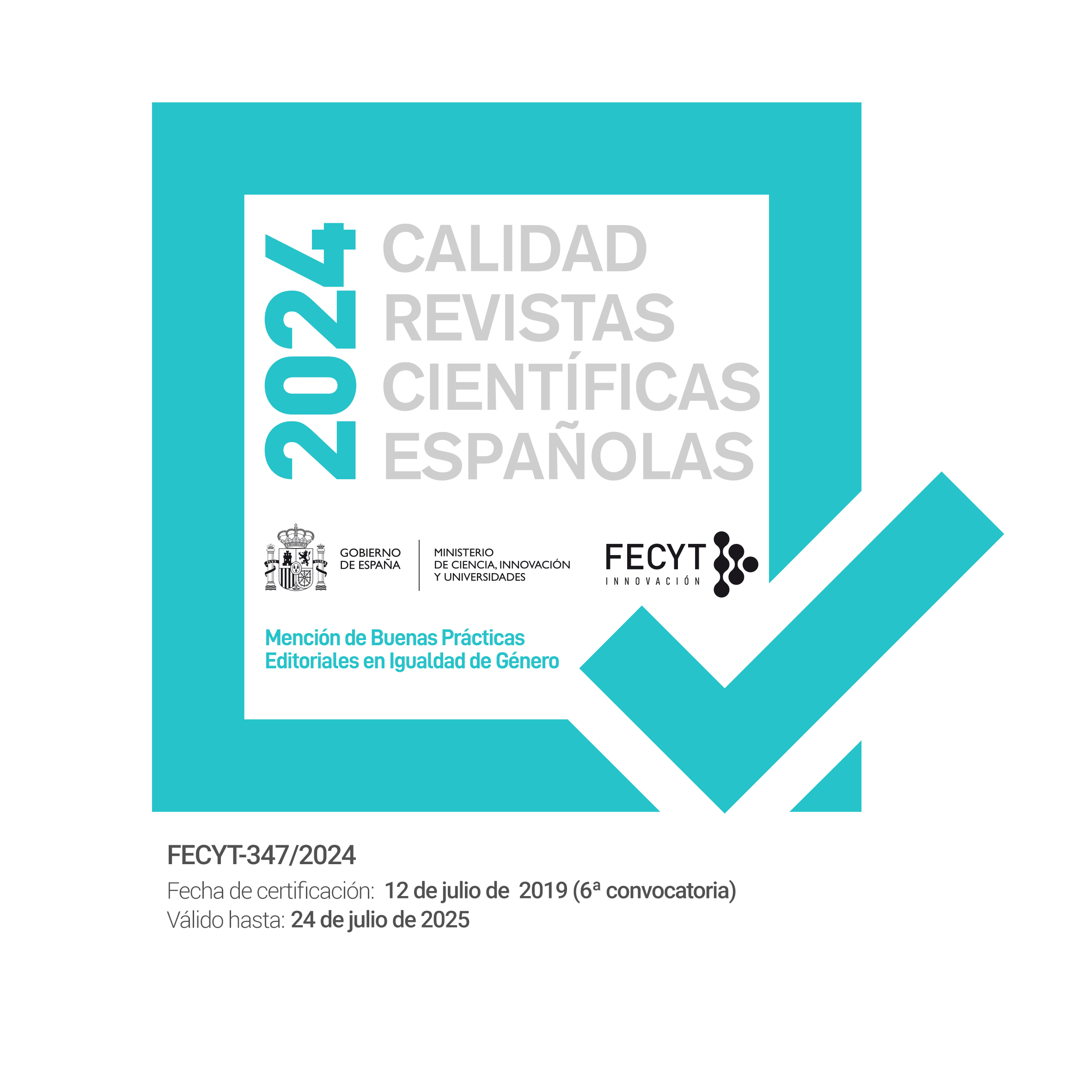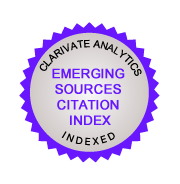Archeologia e paesaggio culturale
DOI:
https://doi.org/10.5944/etfvii.20-21.2007.1467Keywords:
archeologia, valorizzazione, paesaggio culturale, Calabria, distretto culturale, archeology, exploitation, cultural landscape, cultural district,Abstract
Il concetto di paesaggio culturale, al di là delle critiche giurisprudenziali che si possono muovere agli interventi normativi messi in atto negli ultimi anni, se accolto a livello territoriale può costituire un efficace strumento di valorizzazione del patrimonio culturale, inteso come l’insieme dei beni culturali ed ambientali. L’archeologia, in particolare, può beneficiare di un simile approccio e diventare uno dei tanti nodi della trama che si puó evidenziare su un territorio da valorizzare. Una proposta di gestione per il paesaggio culturale può essere rappresentato dal distretto culturale.
The concept of cultural landscape, beyond jurisprudential criticisms that can be made to the regulatory intervention put in place in recent years, if accepted at local level can as an effective tool for enhancement of cultural heritage, intended as set of cultural and environmental objects. The archaeology, in particular, can benefit from this approach and become one of the many knots of the plot which can be point out on an area to be exploited. A proposal for management of the cultural landscape can be represented by the cultural district.
Downloads
Downloads
Published
How to Cite
Issue
Section
License
Authors who publish in this journal agree to the following terms:
- Authors retain copyright and grant the journal right of the first publication with the work simultaneously licensed under a license Creative Commons Reconocimiento-NoComercial 4.0 Internacional that allows others to share the work with an acknowledgement of the work's authorship and initial publication in this journal.

- Authors are able to enter into separate, additional contractual arrangements for the non-exclusive distribution of the journal's published version of the work (e.g., post it to an institutional repository or publish it in a book), with an acknowledgement of its initial publication in this journal.
- Authors are permitted and encouraged to post their work online (e.g., in institutional repositories or on their website) prior to and during the submission process, as it can lead to productive exchanges, as well as to earlier and greater citation of the published work (See The Effect of Open Access).








